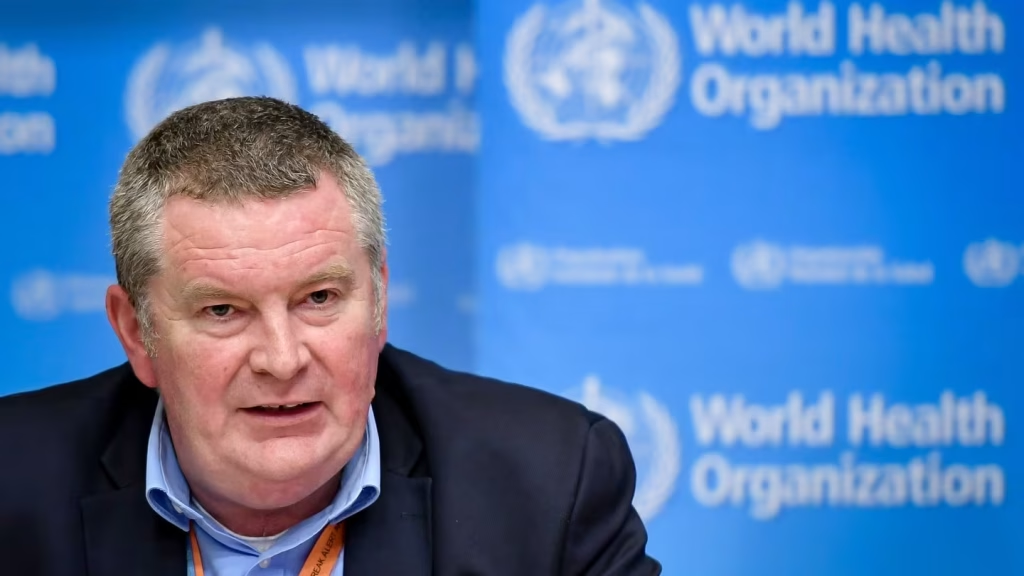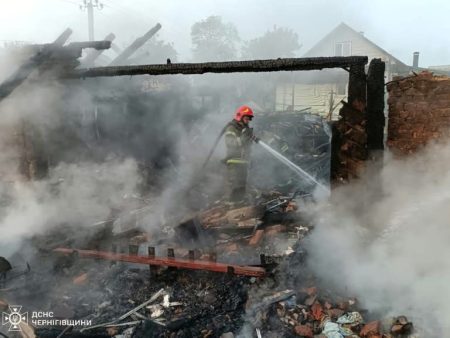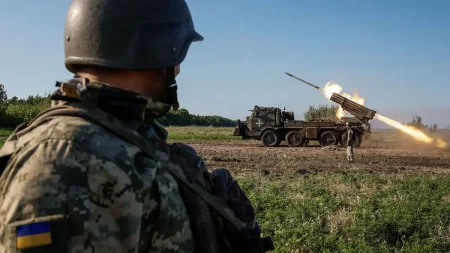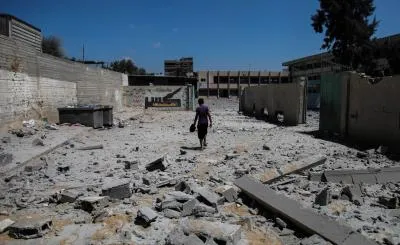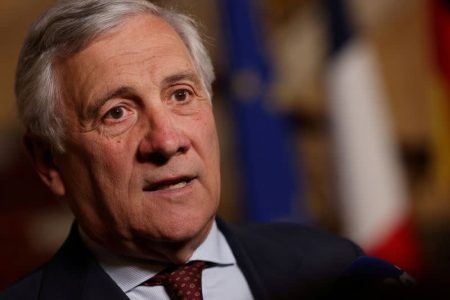Sligo-born public health expert Dr Mike Ryan is being considered by Irish political parties for the upcoming presidential election. The Labour Party is reportedly discussing the possibility of asking him to run, either on their behalf or as a joint candidate supported by several left-leaning parties.
Dr Ryan became widely known during the Covid-19 pandemic while working as the World Health Organization’s executive director for health emergencies. More recently, he has spoken publicly about the humanitarian crisis in Gaza, which has increased his profile in Ireland.
Labour leader Ivana Bacik has mentioned ongoing discussions about uniting behind a candidate who could continue the legacy of the current president, Michael D Higgins. She also noted Dr Ryan’s strong public support because of his work during the pandemic and his stance on Gaza.
Dr Ryan recently lost his position as deputy director general at the WHO. This change comes as part of a major reorganization driven by a funding crisis. The WHO is reducing its management team and departments after facing a $1.7 billion shortfall in its budget over two years. The United States’ withdrawal of funding under the Trump administration worsened this situation.
Dr Ryan has spent 27 years working in health emergencies at the WHO. He played a key role in leading the global response to Covid-19 and is well respected both in Ireland and internationally. He was also awarded the Presidential Distinguished Service Award by President Higgins in recognition of his work.
The potential candidacy of Dr Ryan may appeal to voters who value experienced leadership during crises. Political parties are considering a unified candidate to strengthen their position in the election. Dr Ryan’s background in global health emergencies and his calm, clear communication style could make him a strong contender.
This development adds an interesting dynamic to the Irish presidential race as parties explore candidates who can build on the current president’s work and address current global and humanitarian challenges.





